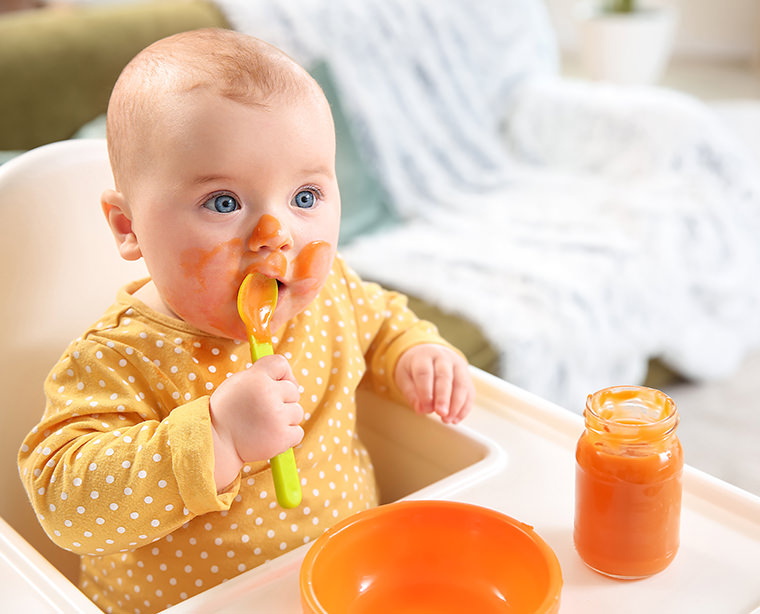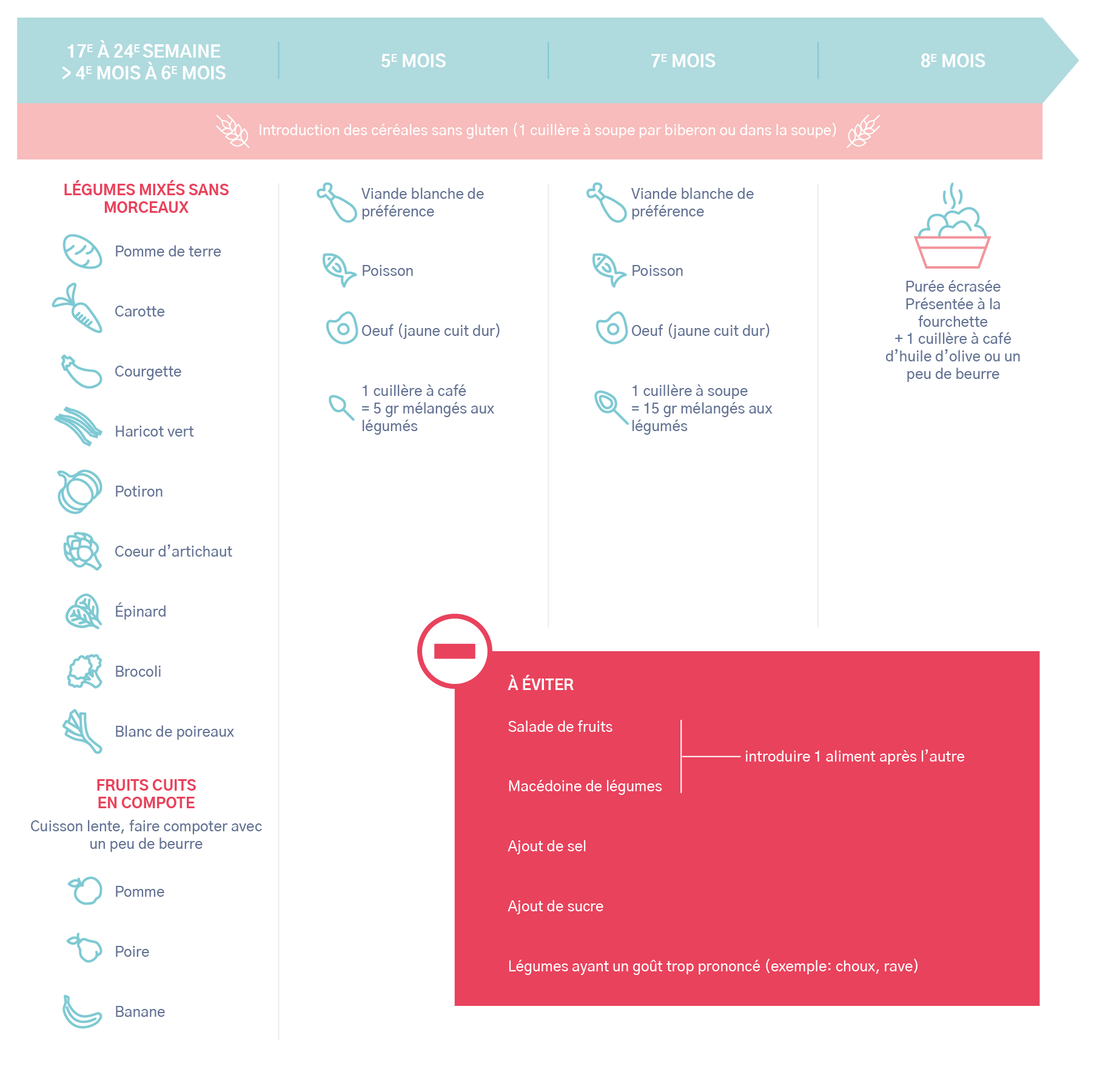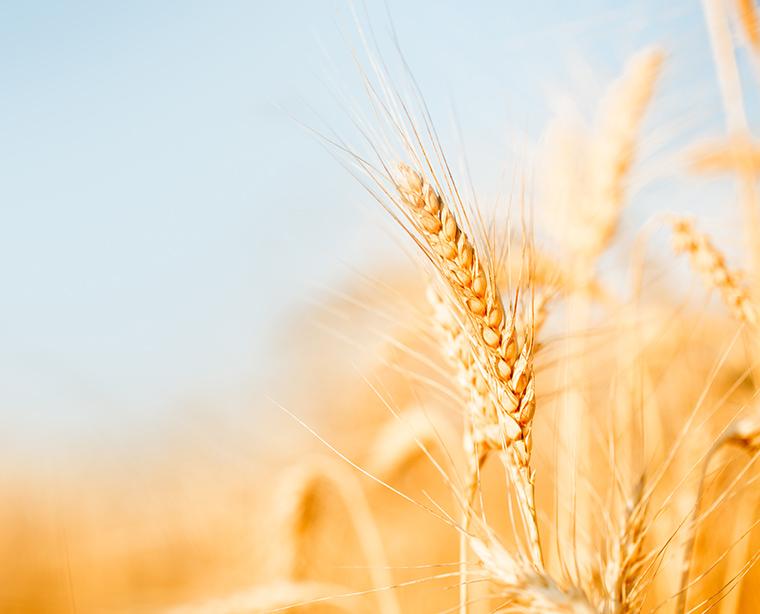

Food diversification for babies at risk for atopy

At what age should you begin introducing baby to solid foods?
The methods of food diversification for babies has changed drastically over the last 50 years in accordance with trends and medical studies, which have been conducted and interpreted with varying degrees of success.
Prior to this age, breastfeeding is ideal, or if breastfeeding is impossible or not desired, then formula.
In France, baby formulas are made with cow’s milk which has been modified to mimic breast milk as closely as possible and are relatively similar to one another.
So-called “HA” (hypoallergenic) formulas are ineffective at preventing allergies, according to the latest studies. These studies also show that introducing new foods at the age of 17 weeks not only does not trigger food allergies but actually builds tolerance.
This advice applies in cases with no proven food allergy.
Helpful tips on introducing new foods to baby
The current recommendation is to begin each new food introduction between the ages of 17 weeks and 24 weeks. Each new food must be offered to the baby alone (so avoid fruit salads and vegetable Macedonia for now!) and in gradual doses. Introducing foods one at a time makes it easier to identify the trigger in case of a reaction (intolerance or allergy).
The principles of food diversification:
First rules (common-sense measure for the child’s future): avoid added salt and/or sugar, and introduce savory foods before sweet options.
- Introduce cooked, purées vegetables starting at 4 months, at lunch time: potato, carrot, courgette, green beans, pumpkin, artichoke heart, spinach, broccoli, leek (less easy).
- Savory before sweet: always start with vegetables before offering sweeter fruits; thicken a water-rich vegetable purée (courgette) with some potato; avoid certain vegetables with strong flavors: cabbage and derivatives, celery root/beets and derivatives; Green vegetables are rich in mineral salts, so no need to add more.
- At around 8 months, introduce purées crushed using a fork and garnished with a teaspoon of olive oil or some butter.
- Introduce compote made with cooked fruit after 4 months: apple, pear, banana. Cook slowly (stew) and add a bit of butter if desired.
- Introduce meat (opt for white meat over red meat), fish and eggs at 5 months. Start with servings of about 5 grams (1 teaspoon) blended with vegetables. For eggs, start with the yellow (fully cooked). Starting at 7 months, offer 1 tablespoon of meat, or about 15 grams.
- Grains containing gluten (such as Floraline) can be introduced gradually between 4 and 7 months. Start by adding 1 tablespoon to baby’s bottle or mix it with soup and spoon feed.
Little tip: ice cube trays can be used to freeze purées in small portions, so you can give baby just the right amount every day.



